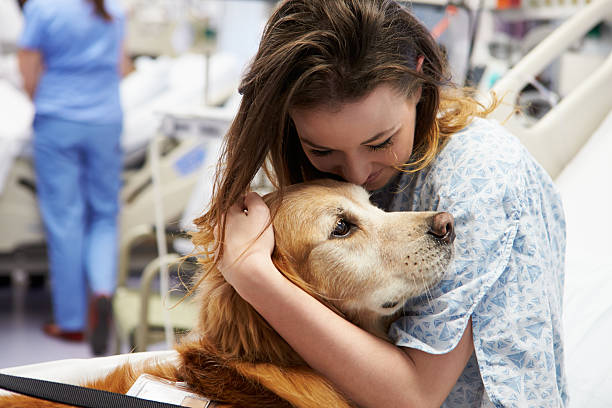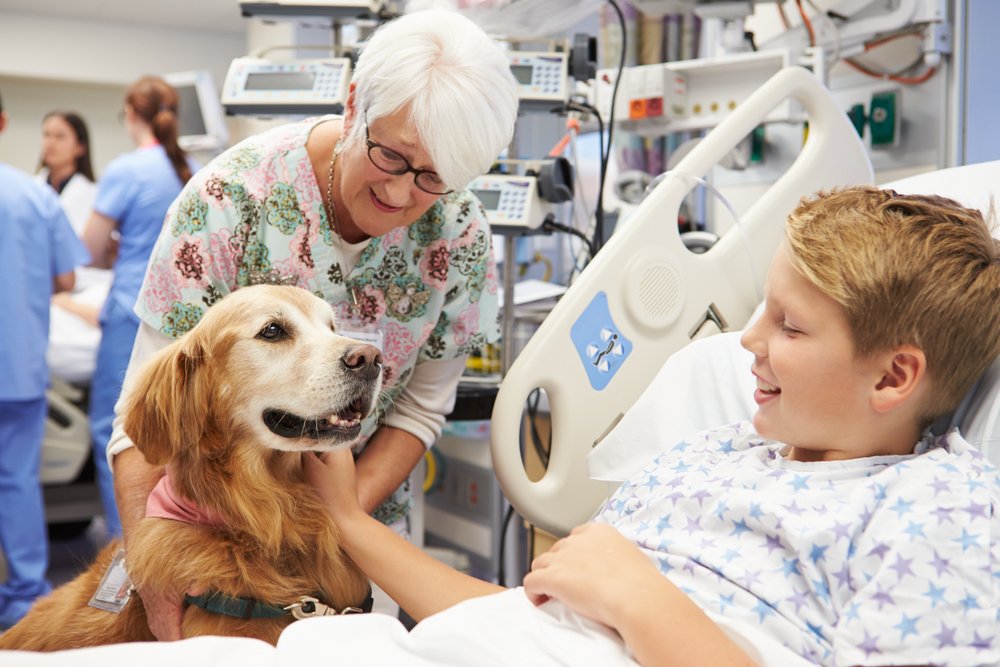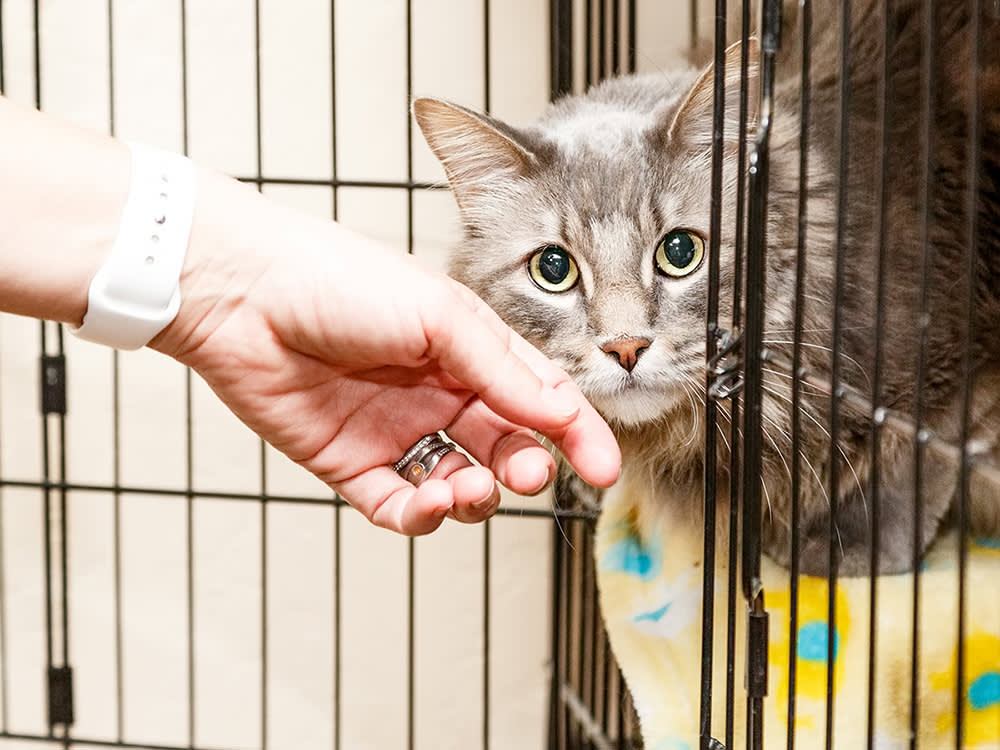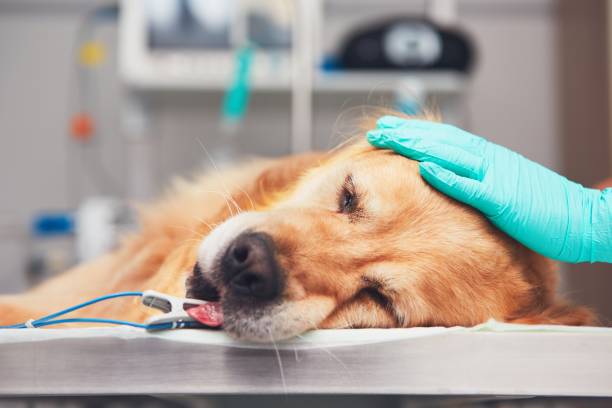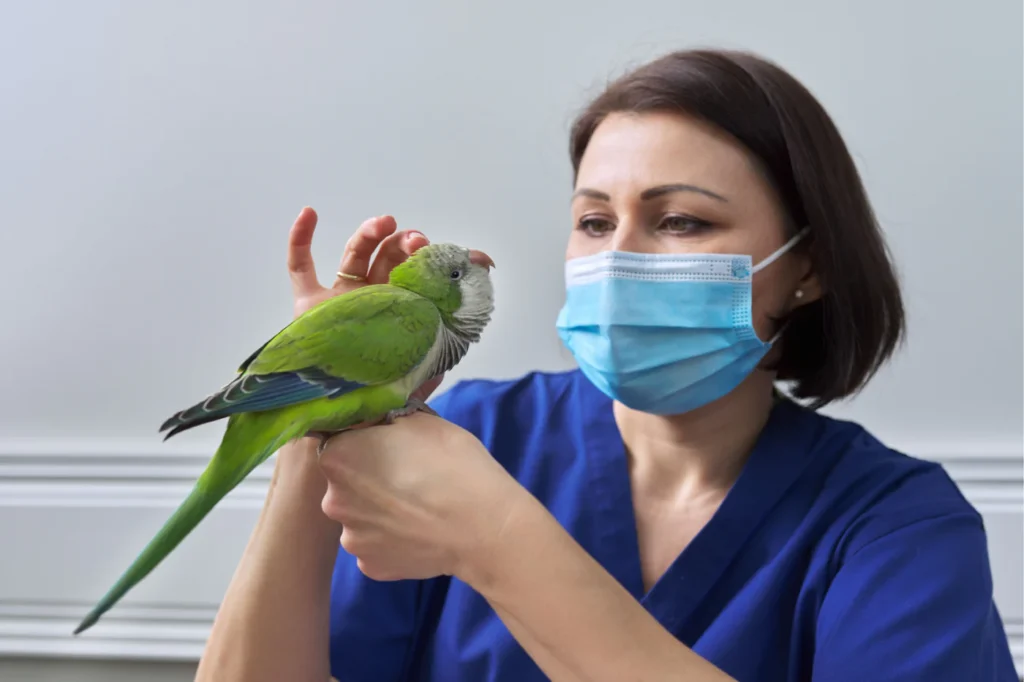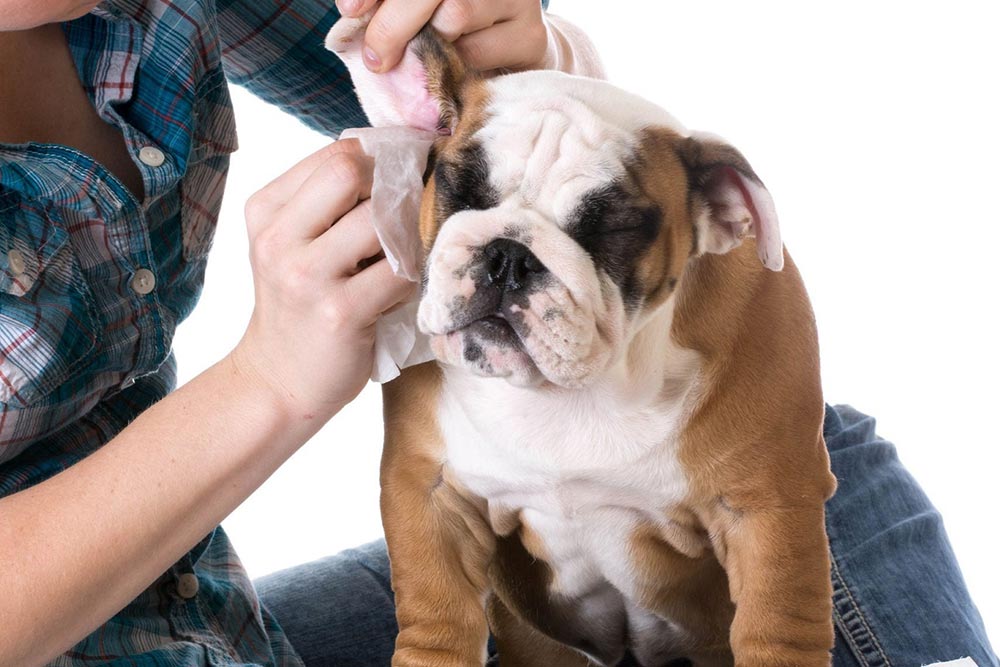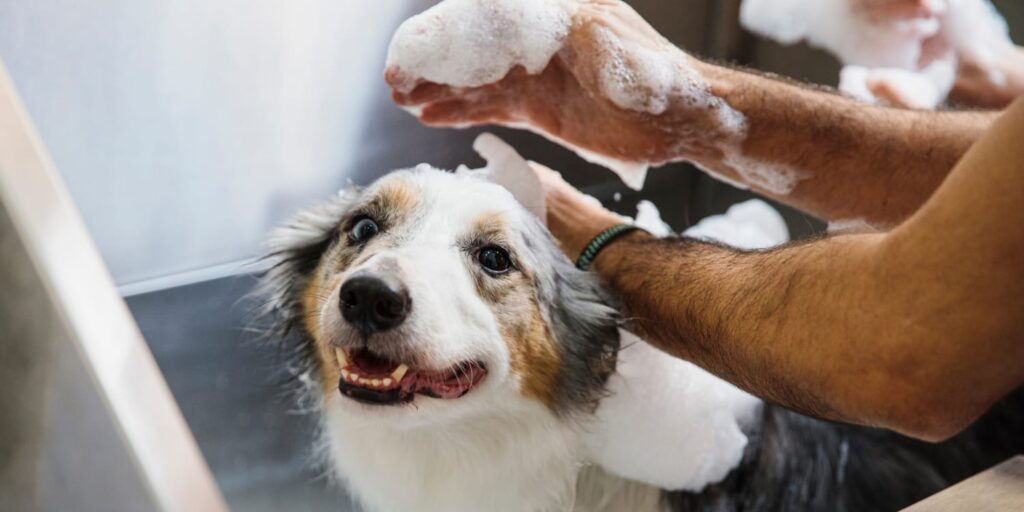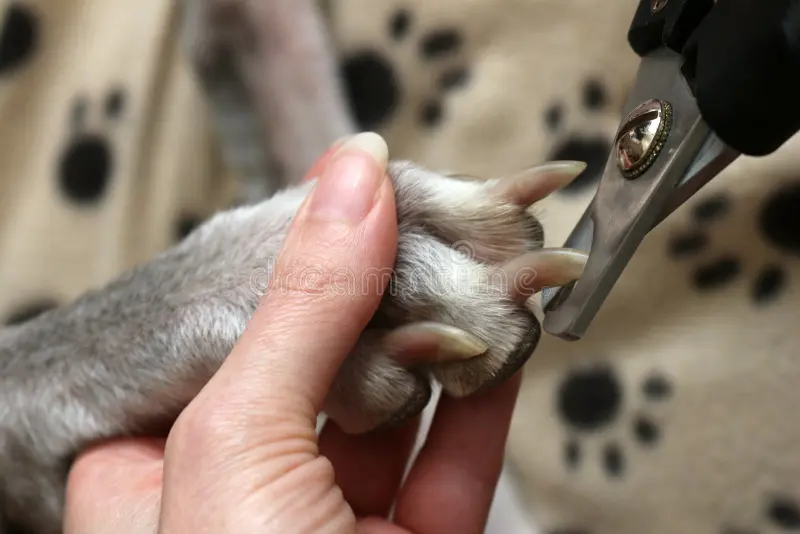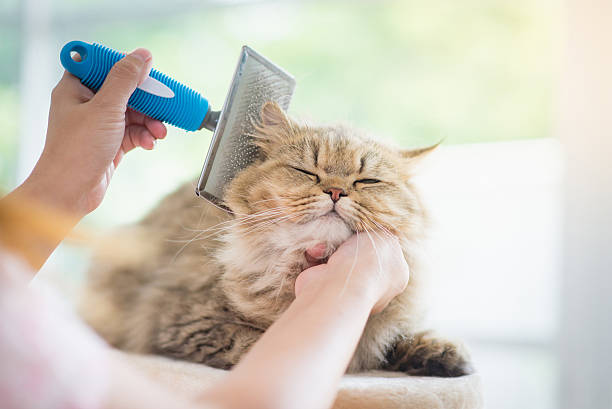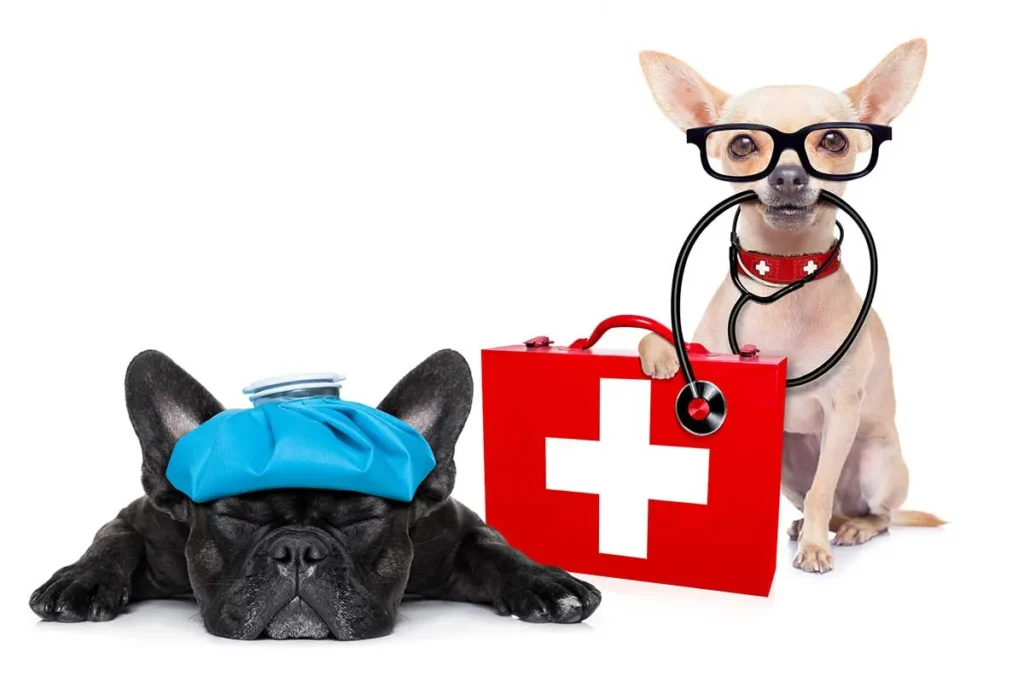5 Roles of Routine Pet Wellness Exams in Ensuring Pet Health and Happiness
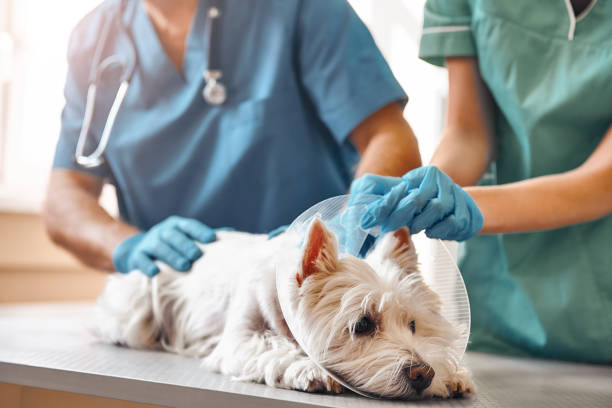
Pet owners often view their furry companions as beloved members of the family, showering them with love, attention, and care. However, amidst all the cuddles and playtime, it’s crucial not to overlook one of the most fundamental aspects of pet care: routine pet wellness exams.
Just like humans benefit from regular check-ups with their doctors, pets also require routine veterinary care to ensure they lead long, healthy, and happy lives.
In this article, we delve into the importance of routine pet wellness exams, highlighting the significance of preventative testing and veterinary diagnostics in safeguarding your pet’s well-being.
Importance of Routine Pet Wellness Exams:
Routine pet wellness exams are not just recommended; they are essential for maintaining the optimal health of pets. These exams serve as comprehensive health check-ups that go beyond addressing immediate concerns. They allow veterinarians to assess the overall health status of pets, identify potential health issues, and establish a baseline for future comparisons. By incorporating routine exams into a pet’s healthcare regimen, pet owners can take proactive steps towards ensuring their pet’s well-being.
Outlined below are some importance of Routine Pet Wellness Exams:
- Early Detection of Health Issues:
Routine wellness exams play a pivotal role in early detection of potential health issues in pets. Many diseases and conditions, such as diabetes, kidney disease, and certain cancers, may not exhibit noticeable symptoms in their early stages. Through regular check-ups, veterinarians can conduct thorough physical examinations, blood tests, urinalysis, and other diagnostic tests to identify any underlying health concerns before they escalate into serious problems.
- Tailored Preventative Care:
Based on the findings of wellness exams and diagnostic tests, veterinarians can develop personalised preventative care plans for each pet. This may include recommendations for vaccinations, parasite control, dental care, nutrition, and lifestyle modifications tailored to the pet’s age, breed, and medical history. Preventative care is key to maintaining optimal health and preventing the onset of diseases that could impact your pet’s quality of life.
- Monitoring Overall Health:
Wellness exams are not just about addressing existing health issues; they also serve as opportunities to monitor your pet’s overall health and well-being. Regular exams allow veterinarians to track changes in weight, dental health, mobility, and behaviour over time. Detecting subtle changes early on enables proactive intervention and management strategies to maintain your pet’s health at every life stage.
- Establishing Baseline Health Parameters:
For younger pets, routine wellness exams help establish baseline health parameters. By conducting baseline blood tests, veterinarians can establish normal values for blood cell counts, organ function, and other vital parameters specific to your pet. These baselines serve as valuable reference points for future exams, aiding in the early identification of deviations from normalcy.
- Strengthening the Human-Animal Bond:
Beyond the physical health benefits, routine wellness exams contribute to strengthening the bond between pet owners and their furry companions.
Regular visits to the veterinarian create positive associations with healthcare experiences, reducing stress and anxiety during future visits. Additionally, proactive care demonstrates your commitment to your pet’s well-being, fostering a deeper connection and mutual trust.
Routine wellness exams also provide valuable educational opportunities for pet owners. Veterinarians can address any questions or concerns pet owners may have regarding their pet’s health, behaviour, or overall well-being. This collaborative approach empowers pet owners to be actively involved in their pet’s healthcare journey.
Components of a Comprehensive Wellness Exam:
A comprehensive routine pet wellness exam typically includes the following components:
- Physical Examination: Veterinarians conduct a thorough physical assessment, examining the pet’s body condition, coat quality, eyes, ears, mouth, heart, lungs, abdomen, and musculoskeletal system.
- Vaccinations: Based on the pet’s vaccination status and risk factors, veterinarians administer or recommend appropriate vaccinations to protect against infectious diseases.
- Parasite Control: Discussions about flea, tick, heartworm, and intestinal parasite prevention are essential parts of wellness exams, ensuring your pet remains protected year-round.
- Diagnostic Testing: Blood tests, urinalysis, fecal examinations, and imaging studies may be recommended to assess internal organ function, detect infections, evaluate blood cell counts, and identify early signs of disease.
- Dental Evaluation: Dental health is integral to overall well-being. Veterinarians evaluate dental health during wellness exams and may recommend professional cleanings or home dental care strategies.
Benefits of Preventative Testing and Veterinary Diagnostics:
- Early Disease Detection: Preventative testing helps detect diseases in their early stages, allowing for prompt intervention and improved treatment outcomes.
- Improved Treatment Planning: Diagnostic tests provide valuable insights into your pet’s health status, enabling veterinarians to tailor treatment plans and medications accordingly.
- Cost-Effective Care: Early detection and prevention can often mitigate the need for more extensive and costly treatments later on, saving both financial resources and potential stress for pets and owners.
- Enhanced Quality of Life: By addressing health issues early and proactively managing conditions, pets can enjoy a higher quality of life, with fewer complications and discomfort.
For a lot of pet owners, budgeting for pet care plays an important role in presenting their furry friends at the hospital for routine pet wellness exams. The good news is that a lot of veterinary centres have healthcare plans for your pups and these plans can be tailored just for you!
Health plans are like the sidekick to your pet insurance, working hand in hand to give your furry friends top-notch preventative treatment and expert care whenever they need it. These plans are tailor-made for dogs, cats, and even rabbits, ensuring they stay protected and healthy throughout the year. It’s the smart and budget-friendly way to keep your pets happy and well looked after!
Looking to discuss Health care plans for your pup? click the Ask A Vet button and have a free consultation with a Vet.
Conclusion on Routine Pet Wellness Exams:
In conclusion, routine pet wellness exams are essential pillars of responsible pet ownership. They offer a proactive approach to pet healthcare, emphasising early detection, preventative care, and overall well-being.
Pet owners are encouraged to prioritise regular veterinary visits, engage in open communication with their veterinarians, and follow recommended preventative care protocols.
By investing in preventative testing and veterinary diagnostics, pet owners can contribute significantly to their pets’ longevity, vitality, and happiness.
FAQ
How often should a pet receive physical examinaton?
Pets should ideally receive a physical examination by a veterinarian at least once a year. This allows the vet to assess the pet's overall health, catch any potential issues early, update vaccinations if needed, and discuss any concerns or changes in the pet's behavior or condition. For senior pets or those with chronic health issues, more frequent exams, such as every six months, may be recommended to monitor their health more closely.
Why is it so important to keep your pet healthy?
Ensuring your pet's health is vital for their happiness, longevity, and your wallet. Regular veterinary care, proper nutrition, and preventive measures extend their life and save on costly treatments. Early detection of health issues through check-ups improves prognosis and strengthens your bond. A healthy pet also safeguards public health by preventing zoonotic diseases.
Can you buy health insurance for your pet?
Yes, you can buy health insurance for your pet. Pet insurance works similarly to human health insurance by helping cover the costs of medical care for your pet. Policies typically cover a range of services such as veterinary exams, surgeries, medications, and treatments for illnesses or injuries. Some plans also offer coverage for preventive care like vaccinations, flea and tick control, and dental cleanings.










